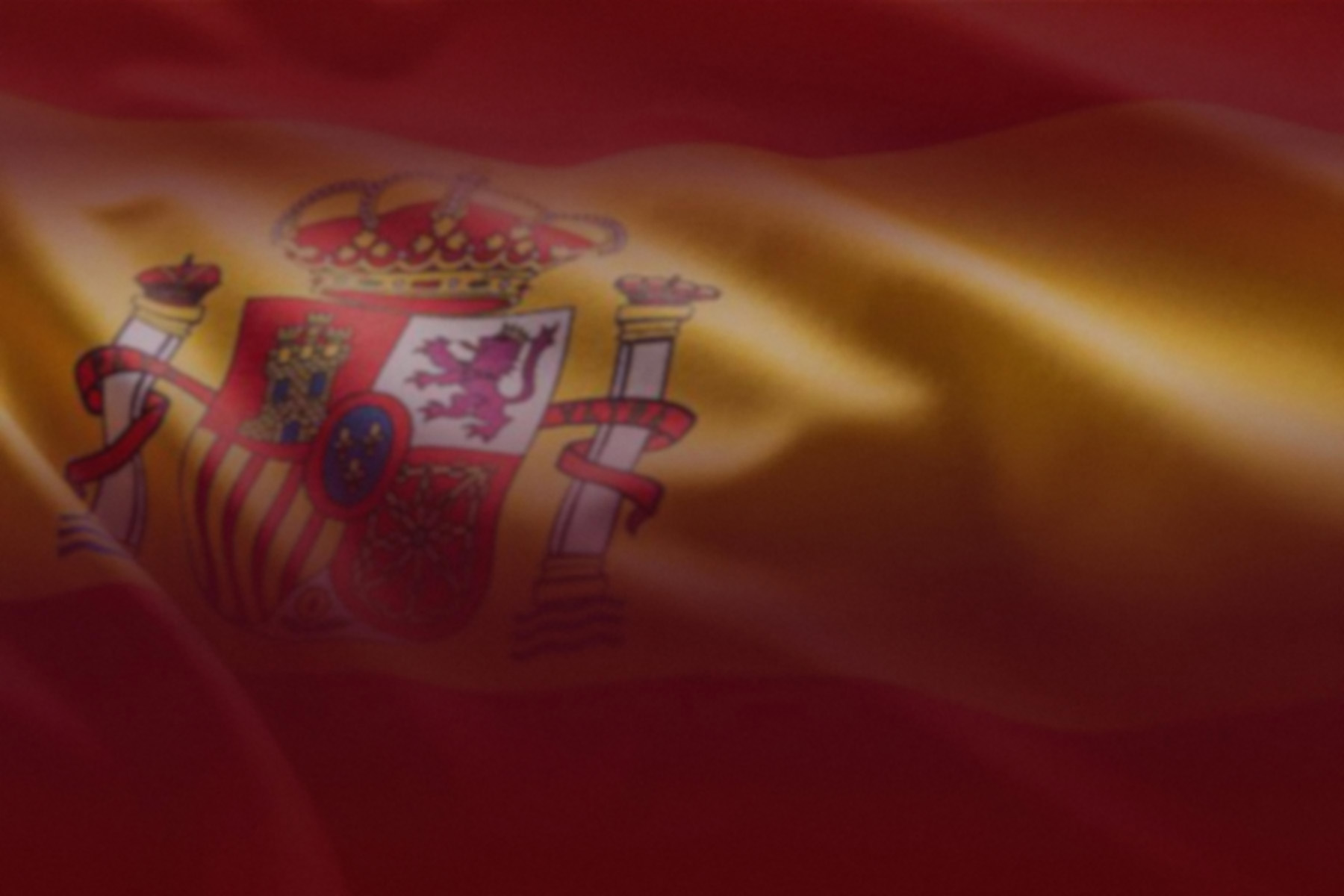

Overview
A Landmark Tax on Vaping Products in Spain
On April 1, 2025, Spain officially began enforcing a new excise tax on vaping liquids and nicotine pouches, introduced under Law 7/2024 and regulated through Order HAC/86/2025. Although the law came into effect on January 1, 2025, tax reporting and collection formally started in April. This marks a pivotal shift in Spain’s regulatory approach to novel nicotine products. The new tax structure introduces immediate cost implications across the supply chain and signals the start of more formalized oversight. Manufacturers, importers, and retailers now face increased compliance obligations, requiring a reassessment of product portfolios, pricing strategies, and market positioning within Spain.
Scope of the Tax
Nicotine-Free Products Are Not Exempt
The tax applies to all liquids intended for use in e-cigarettes, regardless of whether they contain nicotine. It also covers nicotine pouches and other novel nicotine products not classified as traditional tobacco. The measure includes both finished and bulk liquids supplied for commercial or end-user use.
Notably, the tax does not apply in the Canary Islands, Ceuta, and Melilla due to their separate tax regimes.
Tax Rates
Based on Nicotine Concentration
The tax is structured as follows:
E-liquids with ≤15 mg/ml nicotine or no nicotine: €0.15 per ml
E-liquids with >15 mg/ml nicotine: €0.20 per ml
Nicotine pouches and similar products: €0.10 per gram
Impact on Pricing
Noticeable Increase for Consumers
End users will see a visible price hike due to this tax, similar to taxes on traditional tobacco. For most 10 ml bottles, the added cost from the new tax is around €2, depending on nicotine strength.
To illustrate the impact on retail pricing:
Product Specification | Original Price | Excise + VAT | Final Price |
10ml Freebase (3mg/ml) | €5.00 | €1.82 | €6.82 |
10ml Nic Salts (20mg/ml) | €5.00 | €2.42 | €7.42 |
50ml shortfill (0 mg/ml) | €10.00 | €9.08 | €19.08 |
* The new regulation significantly impacts the shortfill market, as nicotine-free liquids are now fully taxable. *
Business Compliance
Monthly Filings, Registration, and Tax Refund Mechanisms
Companies selling e-liquids in Spain are required to submit monthly excise declarations using Form Modelo 573, as specified in Order HAC/86/2025. In addition, all retailers and distributors were required to declare their stock of taxable products as of April 1, 2025, with final tax payments due by July 2025.
Any business engaged in the sale of vaping liquids must also register as a special excise taxpayer, following a dedicated administrative procedure. This requirement applies to both domestic manufacturers and importers.
For companies exporting e-liquids to other EU countries, it is possible to request a tax refund for previously taxed goods through Form Modelo A24, provided the products are consumed outside of Spain.
These obligations mark a clear shift toward tighter fiscal controls and require the establishment of new internal processes for compliance, traceability, and documentation.
Policy Rationale
Public Health Meets Fiscal Strategy
The Spanish Ministry of Health cited a sharp rise in vaping among youth as one of the main drivers of this tax. Flavored e-liquids in particular are viewed as potential gateways to nicotine use.
The move also aligns with the WHO and European Union recommendations to impose stricter regulation on emerging tobacco and nicotine products. Beyond public health, the measure aims to capture revenue from a fast-growing sector that previously enjoyed light oversight.
Looking Ahead
Start of a New Regulatory Phase
Although nicotine-free e-liquids are not yet governed by product-specific safety regulations, this tax sets the tone for stricter control in the near future. Further rules may soon follow, including ingredient restrictions, age verification, and advertising limitations.
Brands, OEM manufacturers, and distributors operating in Spain will need to invest in compliance infrastructure, streamline tax reporting, and rethink their pricing strategies to stay competitive.
Conclusion
Spain’s 2025 vape tax marks a turning point for the country's vaping industry. For manufacturers and exporters, it highlights the growing importance of regulatory readiness, transparent supply chains, and localized market adaptation. As more EU countries follow suit, success will increasingly depend on compliance, cost efficiency, and strategic positioning.
Learn more
Vape taxes in European countries
How Much Tax is Applied to E-Liquids in Germany
UK government announces new tax on vaping from 2026
Ireland to Introduce E-liquid Products Tax
ABOUT HANGSEN
Hangsen is one of the largest global e-liquid manufacturers. Since we established the industry’s manufacturing standards and introduced VG+PG as the base liquid for e-liquids, our business has expanded to over 80 countries and regions worldwide. The world’s top e-cigarette brands and tobacco enterprises are our loyal clients. With over 60,000 e-liquid flavor formulations developed to date, Hangsen continues to empower global vape brands with premium e-liquid manufacturing solutions. Innovation, efficiency, safety, and stability are the cornerstones of our ongoing pursuit.
For inquiries about e-liquid manufacturing services, please contact us at service@hangsen.com